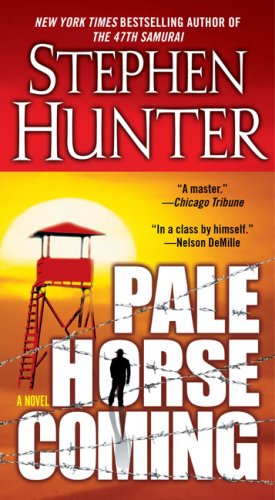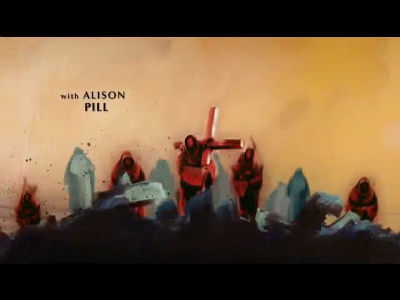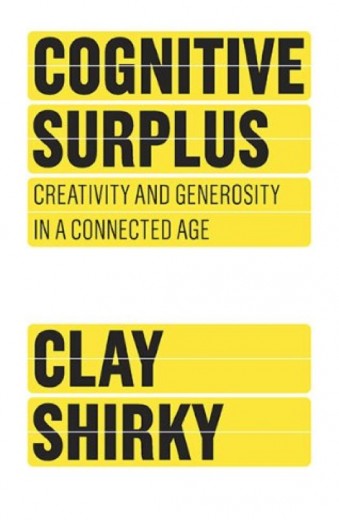Kind Hearts and Coronets (1949, UK, Hamer)
Twelve D’Ascoyne’s stand in line between Dennis Price and the dukedom he believes is his birthright. They’re all played by that asshole Alec Guinness, so that makes it okay when he starts bumping them off, one by one. Watched it all. Watching these early Guinness movies makes me wonder what Star Wars would have been like if he’d played Obi-Wan Kenobi as a really creepy, mean old man.
Sands of Iwo Jima (1949, USA, Dwan)
Only four years after the war, and already there’s a streak of insincerity in the war movies. The characters are just a little bit less real, and more like stock characters. Basically, they’re less Robert Mitchum, and more John Wayne. Watched: 9 minutes.
On the Town (1949, USA)
Hey, lonely sailor! Come to New York, where you’ll meet girls in no time, even if you look like Frank Sinatra! Watched it all. It seems that Betty Comden and Adolph Green were involved with everything I think of as Real Musicals. They took the whole corny “hey let’s break out into song” trick and made it just the right amount of self-aware. But this isn’t one of my Comden&Green favorites.
The Bridge(?) (1949, China)
“Quickly rob to live, warm waters all grew a Chinese foot of half”? “The bridge shelf sees and then take not to live”??! I knew Communist Party rhetoric could be dense, but in this case I suspect the problem is the translation. Watched: 3 minutes.









